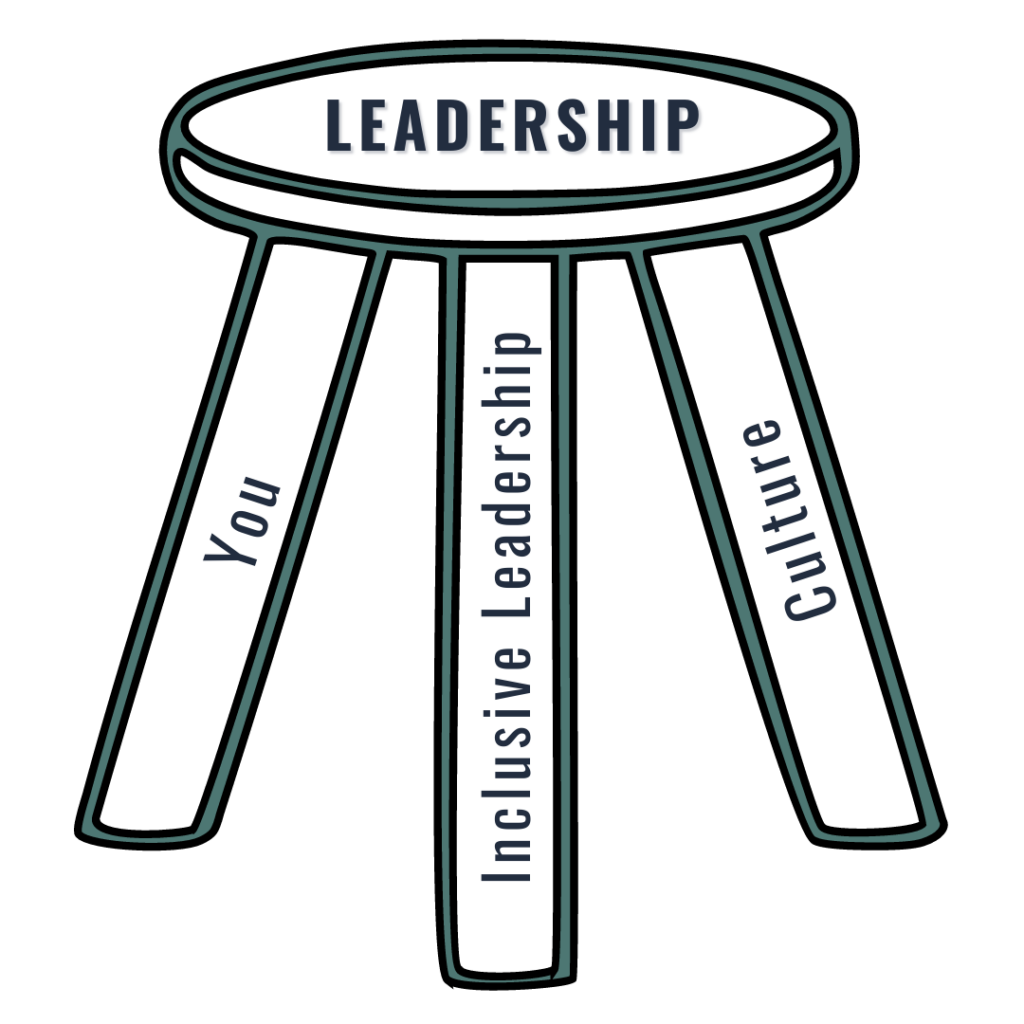February is Black History Month. A time to learn and celebrate the many contributions of Black Americans. Unfortunately, like the initial commitment to address racism after the events during the summer of 2020, it is all too often that a month passes without creating lasting change. Let’s make this year different.
Education must include learning about the devastating events throughout history that have separated Black people from having an equitable place in society. I was not taught this type of history in schools or at home. Many people I have had conversations with have shared the same. Today, we have organizations such as Learning for Justice, a project of the Southern Poverty Law Center, formerly Teaching Tolerance https://www.learningforjustice.org/ that provide educators tools for teaching anti-bias and antiracism in classrooms.
The effect of going through the motions of reading about Black History during the month of February, leaves us at the place of talking about diversity and inclusion, but leaves out the actions for equity and justice. It perpetuates the policies, procedures, laws, and behaviors that diminish, discriminate and separate when ignorance, which is ignoring the facts, is the business as usual.
What can you do in your everyday leadership to create change?
As a leader in any organization, there must be a commitment to explore and discover where diversity, inclusion, equity, and justice are out of balance.
Here are a few helpful tips for deepening the inclusive leadership process.
You need to better understand the world of the person(s) you are leading.
This is not about you – it is about what you do to support those you lead. It is not about twisting “them” into a prescribed approach that has not worked. If it had been working, we would not still be where we are today with imbalances and inequities.
It is about solving the problems of:
- access to development
- access to individuals in key professional and social networks
- access to advancement opportunities
- access to quality work
- being confronted regularly with “isms” and phobia.
This is the path to change – change that is transformative and sustainable.
Look at Leadership as a Three-Legged Stool:
First Leg – Inclusive Leadership
Ask yourself:
- Who are you consciously including?
- Who are you unintentionally excluding?
- Who could you give more support to for advancing their career?
Second Leg – Culture
Examine and create group culture where everyone has the opportunity to succeed:
- What structures and rules are in place that support everyone?
- What unwritten rules are in place that need to be known by everyone?
- Does the culture allow for everyone to be seen, heard, valued, and respected?
Third Leg – You
Dig deeper into your personal beliefs, behaviors, and blocks by increasing:
- Self-Awareness
- Self-Education
- Your Discomfort zone
- Intentional inclusive behaviors
- Bias Interrupting / courage to have difficult conversations
- Accountability
- Allyship
To be an effective leader, one that is an Ally, is to be undefended.
You cannot be a true Ally if you are not willing to go beneath the surface of lip service. It requires putting aside any shame you may feel that closes the door on discovery. It requires letting go of self-protection of your “idealized self-image.” It requires understanding someone – what they feel, what they experience, what they say, as well as the inequities of their circumstances.
This deep exploration is at the heart of inclusion work. It is what will create equity and justice that is effective and sustainable.
February is also Heart Month.❤️
“Recent research explains how the heart influences much more than the physical body, and how it plays a remarkable role in our lives. . . The heart’s electromagnetic field changes in correspondence with our emotions.”
When we rely on negative emotions, even unconscious ones, we tell our brain to react in its habitual manner, thus drawing conclusions that have not been thoroughly thought through from our prefrontal cortex, our executive brain. When we connect to our heart, we have the opportunity to truly see another and let go of the belief and feeling, even if unconscious, of superiority. It is from this place, the heart place, we connect to our true leadership ability.
Ask your heart. ❤️








